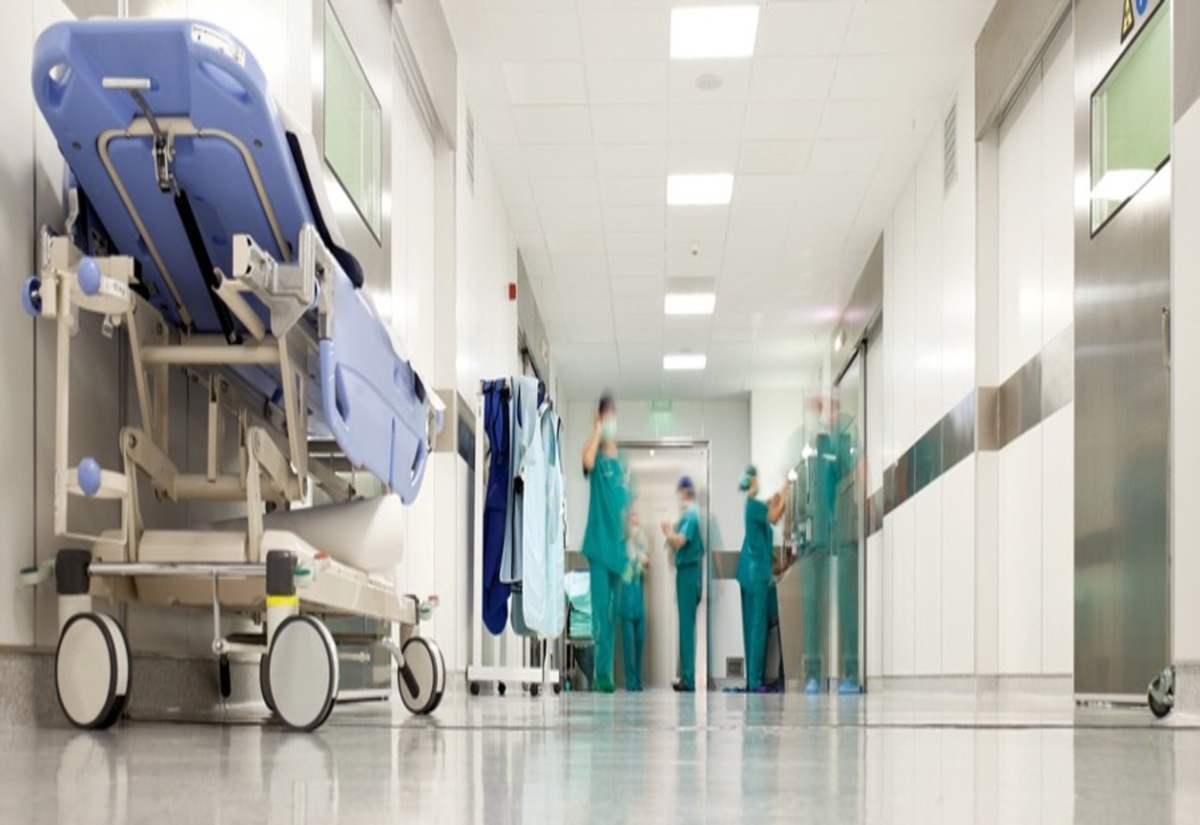Miles to go for local health
Laura Williams
07 November 2021, 8:05 PM
 Residents of Walgett and surrounding areas will still get to have their say on health and hospital services with a hearing by the state's regional health inquiry back on the agenda this year.
Residents of Walgett and surrounding areas will still get to have their say on health and hospital services with a hearing by the state's regional health inquiry back on the agenda this year.The Walgett hearing that was scheduled as part of the Parliamentary Inquiry into into Health Outcomes and Access to Health and Hospital Services in Rural, Regional, and Remote New South Wales has been delayed until early December, after facing the threat of cancellation.
The inquiry, which was established in September 2020 has gathered submissions from residents of rural, regional, and remote NSW, collating personal experiences with accessing health services as evidence in the investigation.
So far, the inquiry has gathered 714 submissions documenting the shortcomings and strengths of local health care.
On Thursday 2 and Friday 3 December, the committee will hear evidence from people from the Walgett and Broken Hill regions. While the hearing was originally being held in the respective towns, Covid-19 planning has meant that the hearing will instead be held in Sydney's Parliament House, where those submitting evidence can appear either in person or virtually via videolink.
At a hearing held in Cobar earlier this year, community and health sector representatives presented distressing insights into the issues that local residents face in accessing a range of services and supports.
Cobar Shire Mayor Peter Abbott presented the costs that accompany a small and impermanent workforce, where 174 patients were flown out of Cobar over two years to reach specific medical services. The financial costs fell just short of $1 million.
“The reason for these patients being flown out should be gathered and examined to ascertain if having certain medical professionals, for example, midwives or fracture clinic, and certain equipment (like an MRI machine) on the ground in Cobar could provide better outcomes at a lower cost,” Mayor Abbott said.
“There seems to be no appreciation for distances travelled in rural areas, which includes the perception that Cobar is around about geographically at Narromine,” added Mayor Abbott.
The distance was noted by a Cobar woman Alison Pearson, who in her submission spoke of frequent ten hour round trips for specialist appointments, accumulating to 1500km of travel per month.
“The cost of the birth of my child sky-rocketed into the thousands…it makes you question what the cost comparison would be to those living in an urban area,” Ms Pearson said.
She detailed her difficulties in accessing health, challenged by physical roadblocks, unequipped facilities, and inexperienced staff on duty.
Ms Pearson was advised to remain close to antenatal healthcare six weeks before her baby’s arrival, forcing her to move over 400km away to Orange, forfeiting her income and forced to find accommodation.
“Why should my choice to live in a town that contributes to our region and our country in mining, agriculture and infrastructure make me have any less rights to what I would call basic health care than someone in a large town or city,” asked Ms Pearson in her submission.
While submissions and hearings have commended the expertise and efforts of local medical professionals, the shortfall in support of staff and facilities has remained a theme throughout.
Warren Health Action Group member Alison Campbell told a hearing that there is too much reliance on agency nurses to support the local workforce and that the expanded role of the local Health Service Manager to oversee two facilities in both Warren and Trangie has reduced their capacity to be on site in emergencies.
“It is obvious that the nursing staff at Warren strive for best practice, however dwindling resources both physically and in the form of infrastructure is putting an increased burden on the staff both physically and mentally,” Mrs Campbell wrote.
The remaining hearings in Walgett and Broken Hill, to be held on December 2 and 3, will help to further detail local circumstances that need addressing. Despite the hearing being moved online, a live stream will be available on the parliament's website for community members to access.